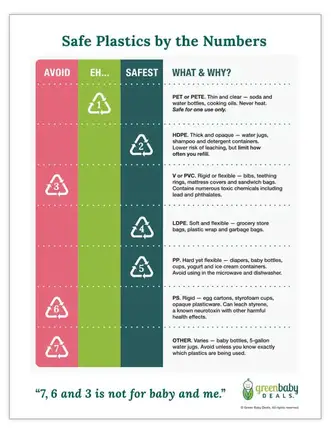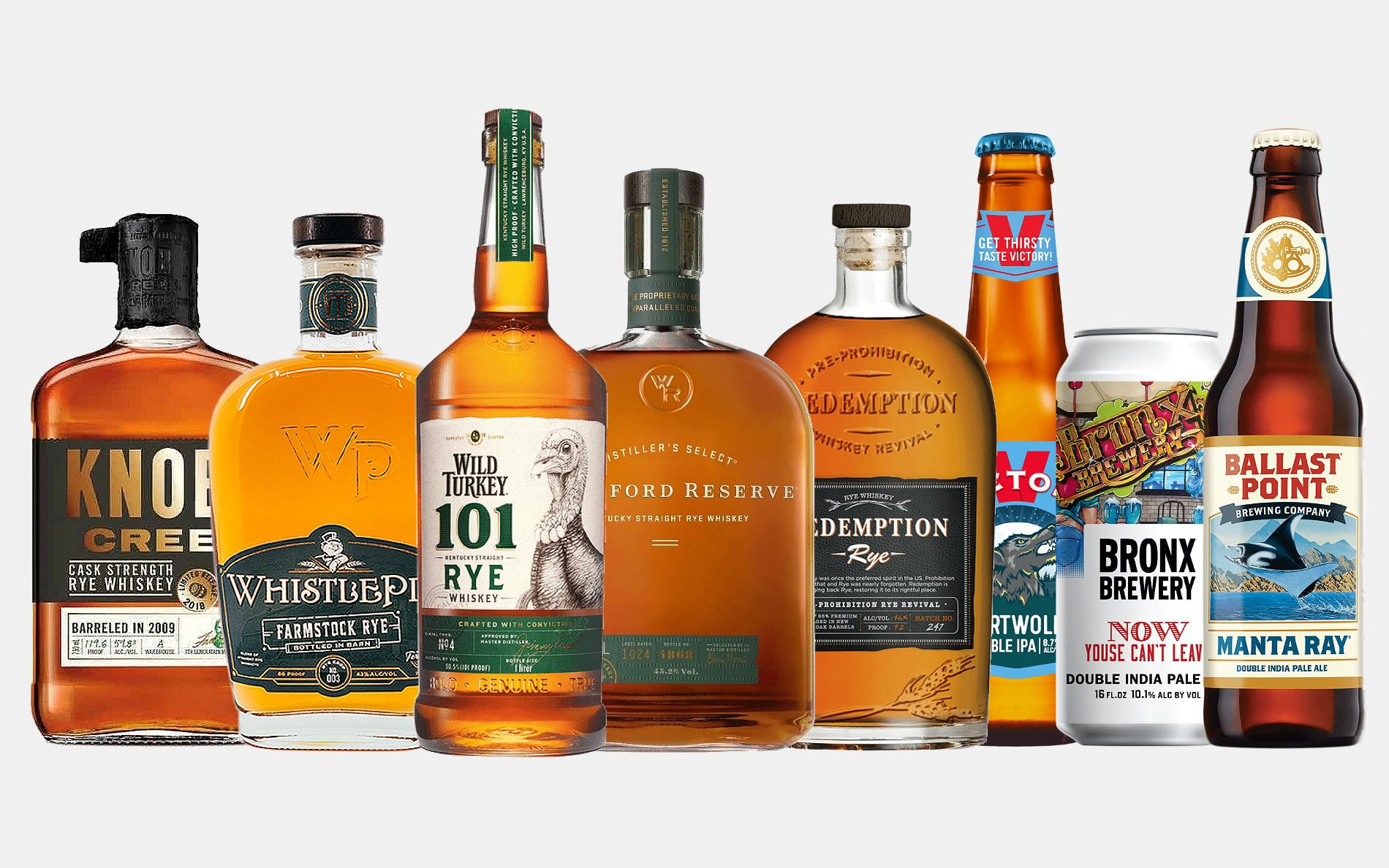Food Safe Plastic numbers 1 2 4 5 Which plastic numbers are NOT safe for food. How to know which plastics are safe for you.
 Department Of Human Services Bpa Bisphenol A Possible Effects During Fetal Development Or On Newborns
Department Of Human Services Bpa Bisphenol A Possible Effects During Fetal Development Or On Newborns
Safe Plastic 1 Polyethylene Terephthalate PET or PETE This is the plastic typically used in most clear pop bottles and water bottles.

Safe plastic numbers. Polycarbonate PC Polycarbonate is a clear rigid plastic and its marked with 7 PC. Though be aware that they are not designed for. When possible it is best to avoid 7 plastics especially for childrens food.
If a plastic product is rigid and transparent for. Notes many other resources say 5 is likewise safe. Be weary of putting them in the microwave even if they are labeled microwave-safe.
If you look at the number inside the triangle on your plastic it will range from one to seven. There is some evidence that it is not. Its the number inside the triangle that counts because each number corresponds to a different type of plastic.
All plastic products can leach toxic chemicals when heated or damaged. You may think nothing of these symbols but they can actually offer a great deal of information regarding the toxic chemicals used in the plastic how bio-degradable the plastic is how likely the plastic is to leach and ultimately the safety of the plastic. To summarize plastics in categories 2 4 and 5 are generally considered safe.
Note that fats and some dry materials may pick up some of the chemicals. HDPE products are safe and are not known to transmit any chemicals into foods or drinks making this plastic a low health risk variety according to Chemical Safety Facts. Recycle number recycling symbol versus what is generally considered food grade plastic or not safe.
A product made of plastic is often stamped with a resin code which is a number between one and seven inside a small triangle made of arrows. These are the plastics to look for in terms of human and animal consumption. The Numbers Behind Plastic Water Bottles Every plastic container or bottle has a recycling symbol ranging from 1 to 7 within a triangle.
They contain Polystyrene and Polycarbonate Bisphenol A BPA respectively and. But it does not indicate that you can fearlessly use safer plastic. This will tell you both the type of plastic used and which type is recyclable or even reusable.
Thus the best choice is to move to other materials like metal and glass where possible. 1 PETE polyethylene terephthalate Plastic Water Bottles Soft Drink Containers. Avoid recycling symbols 3 6 and 7.
Plastics number 4 and 2 are safe for you. Whereas plastic numbers 1 3 6 and 7 must be avoided. Food Grade Plastic Considered Safe 1 2 4 5 are generally food safe plastic.
The presence of a resin code doesnt necessarily mean that the product can be recycled. Even so these are only for water and water kept cold. While Number 1 is considered safe it is also best to avoid this plastic.
Packaging will confirm that this 7 plastic is a PLA plastic and is safe to use. These are the types that can release nasty hormone disruptors and carcinogens into your food and drink. Plastics with the recycling labels 1 2 and 4 on the bottom are safer choices and do not contain BPA.
The plastics you want to avoid are numbers 3 6 and 7. 3 stamped on teething rings toys plastic curtains take-out packaging and personal care products. High-Density Polyethylene HDPE Like PET HDPE is a frequently used safe plastic container.
Plastic numbers you should avoid 3 6 and usually 7 Keep Plastic Containers Cool. Plastic recycling numbers 2 4 and 5 are the safest. To make a long story short.
PLA coded plastics should be thrown in the compost and not the recycle bin since PLA compostable plastics are not recyclable. How to know which plastics are safe for you - YouTube. Its denoted by a number 1 on plastic containers.
Plastics 1 3 6 and 7 should be used with varying to extreme caution especially around food or drink. Many plastic-based products cannot break down and cannot be recycled. Water soda and juice bottles are typically made of 1 PETE.
If the plastic item has a recycling number 7 andor has the marking PC it is a polycarbonate and more likely to contain BPA. As far as anyone knows these are safe and there is no migration of dangerous chemicals into your drinks. Why You Should Avoid Plastic Numbers 3 6 and 7 3 Polyvinyl Chloride PVC has di-2-ehtylhexyl phthalate DEHP.
Youll typically find No. Plastics Numbers 4 and 2. The numbers 6 and 7 should serve as big red flags as the plastics marked with these numbers are highly dangerous.
Look for symbols 2 4 and 5 as these plastics are considered to be safest.
